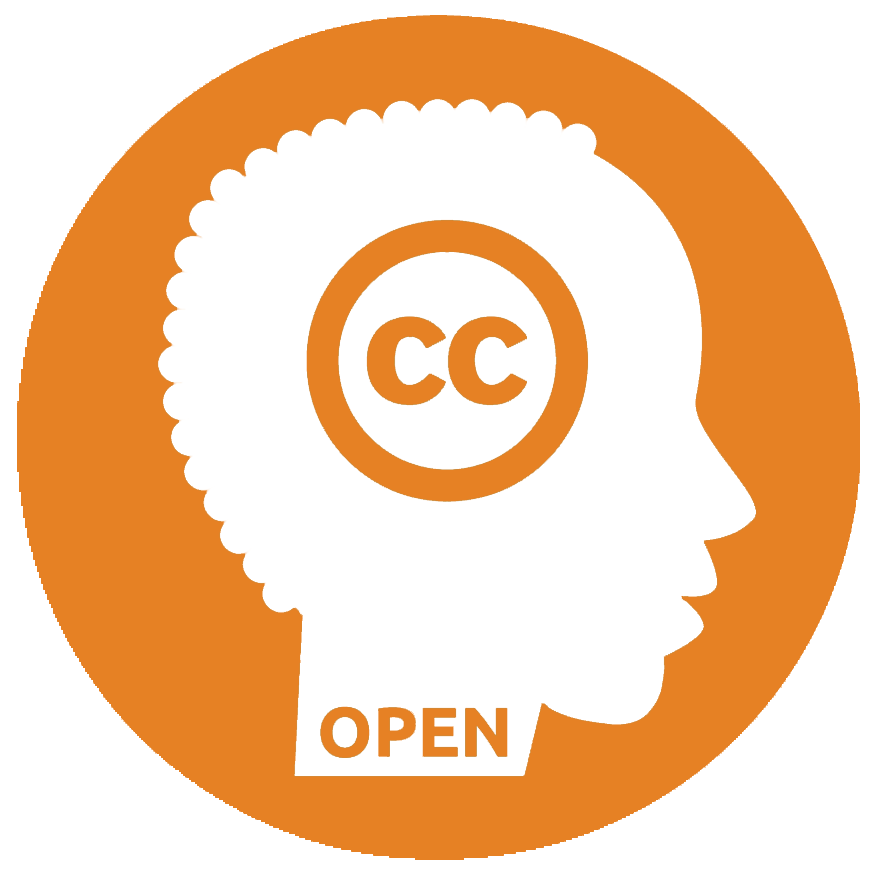Your search
Results 4 resources
-
Previous empirical studies on the effect of scaffolding in game-based learning environments have shown inconsistent findings. In this study, we conducted a meta-analysis to examine the effect of scaffolding in digital game-based learning (DGBL) and to explore a range of moderating factors that may have contributed to the inconsistencies of primary studies. We used the three-level meta-analysis method to analyze the data for handling data non-dependency issues of multiple effect sizes in one...
-
Background: The array of availability of diverse digital reading applications, the mixed results emerging from small-scale experimental studies, as well as the long-standing tradition and range of known positive developmental outcomes gained from adultchild storybook reading warrant an investigation into electronic storybooks (e-books) by performing a meta-analysis, which includes recent studies.
-
This meta-analysis examines the inconsistent findings across experimental studies that compared children’s learning outcomes with digital and paper books. We quantitatively reviewed 39 studies reported in 30 articles (n = 1,812 children) and compared children’s story comprehension and vocabulary learning in relation to medium (reading on paper versus on-screen), design enhancements in digital books, the presence of a dictionary, and adult support for children aged between 1 and 8 years. The...
-
This meta-analysis extended the current literature regarding the effects of computer technology (CT) on mathematics achievement, with a particular focus on low-performing students. A total of 45 independent effect sizes extracted from 31 empirical studies based on a total of 2,044 low-performing students in K-12 classrooms were included in this meta-analysis. Consistent with previous reviews, this study suggested a statistically significant and positive effect of CT ([Formula: see...
Explore
Outcome measure
- Learning (4)
Instructional domain (subject)
- Literacy (2)
- Mathematics (2)
- Multiple (1)
- Science (1)
Education Level and Type
- ECE 0-7 (3)
- High school 16-18 (2)
- Middle school (1)
- Primary 7-10
- Secondary 11-16 (2)
Groups of students
- Low-performing (1)
- Low socio-economic status (2)
- SEND (1)
Moderating variables
- Design-type/ testing instruments (1)
- Grade/education level (2)
- Length of time (2)
- Multiple exposures (1)
- Parent/carer involvement (2)
- Student characteristics (1)
- Subject (1)
- Teacher involvement (3)
- Tech structure (3)
Tech Hardware
- Computer (2)
- E-book hardware - e.g. kindle (2)
- Handheld device (1)
- Multimedia (1 or more) (3)
- Tablet (1)
- Touch-screen (1)
Tech Software
- Computer Algebra Systems (1)
- E-book software (2)
- Game learning (1)
- General apps (1)
- Intelligent Tutoring (1)
- Tutorials (1)
- Virtual Reality (1)
Tech mechanism
- Feedback (2)
- Gamification (1)
Learning Approach
Teacher Pedagogy
- Feedback (1)
- Game-based learning (1)
- Scaffolding (1)

